China's embassy in London strongly condemns the joint statement made at the Australian-United Kingdom ministerial meeting regarding issues related to Taiwan, Xinjiang, Hong Kong and the South China Sea.
A spokesperson for the embassy said the China-related contents of the statement "distort facts and confuse right and wrong by deliberately discrediting China on issues related to Taiwan, Xinjiang, Hong Kong and the South China Sea.
"This is a blatant interference in China's internal affairs and severe violation of international law and the basic norms governing international relations. We express grave concern and strong opposition," the spokesperson said.
The spokesperson stressed that issues concerning Taiwan, Xinjiang and Hong Kong are purely China's internal affairs that no foreign country has the right to interfere in.
"No one should underestimate the strong determination, will and capability of the Chinese people to safeguard national sovereignty and territorial integrity," the spokesperson added.
Currently, the biggest threat to the peace and stability in the Taiwan Straits is that the Taiwan authorities, headed by the Democratic Progressive Party, are colluding with external forces and playing a provocation game with "Taiwan independence", according to the spokesperson.
"We urge the relevant countries to uphold the one-China principle and refrain from having official relations of any form with Taiwan, or giving any encouragement to secessionist activities in the name of 'Taiwan independence'," the spokesperson added.
The spokesperson said so-called Xinjiang-related issues have nothing to do with human rights, ethnic groups or religious affairs, but everything to do with fighting terrorism, separatism and extremism, adding that "the basic rights of people of all ethnic groups are fully safeguarded. The allegation that there are 'severe human rights violations' in China's Xinjiang (Uygur autonomous region) is merely a barefaced lie."
Commenting on the issues related to Hong Kong, which is a special administrative region of China, the spokesperson said that it is governed in accordance with the Constitution of China and the Basic Law of Hong Kong Special Administrative Region, not the Sino-British Joint Declaration.
The enforcement of the Law on Safeguarding National Security and the improvement of the electoral system in Hong Kong have facilitated the implementation of "one Country, two systems", and ensured the city's lasting stability and prosperity, the spokesperson said.
On the issue of the South China Sea, the spokesperson said: "China remains unwavering in its determination to safeguard its sovereignty, territorial integrity and maritime rights and interests. It also remains committed to addressing the disputes in a peaceful manner together with the relevant countries and working with Association of Southeast Asian Nations countries to safeguard peace and stability in the region."
Certain countries outside the region sent naval vessels and aircraft to the region to flex military muscle and stir up trouble. "This has become the biggest threat to peace and stability in the South China Sea, which the Chinese side strongly opposes," the spokesperson said.
The spokesperson also said the so-called South China Sea arbitration is "illegal, null and void" and China does not accept or participate in the arbitration.
"AUKUS has gravely undermined regional peace and stability, intensified the arms race, and had a severe impact on the international non-proliferation system. Therefore, more and more countries have expressed vigilance and rejection," the spokesperson added.









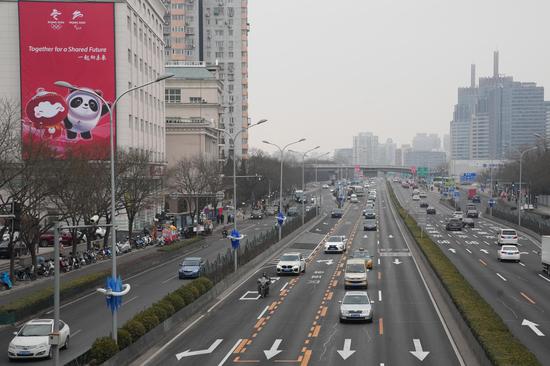


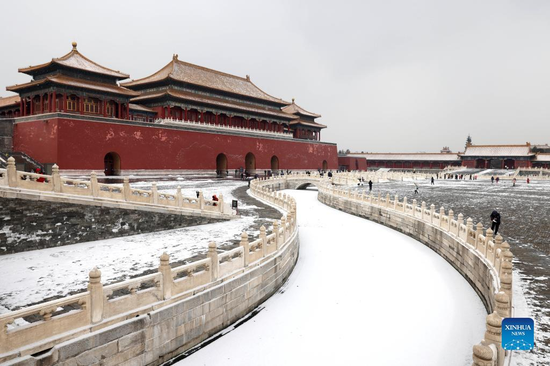


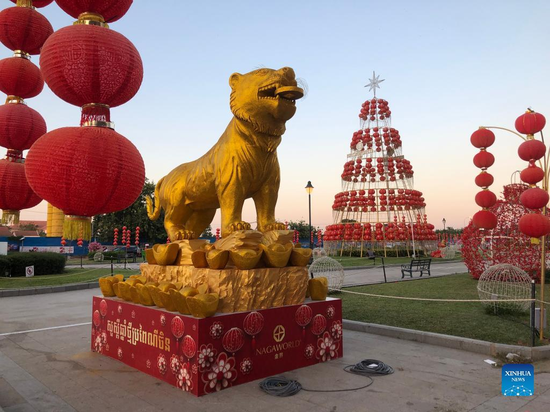
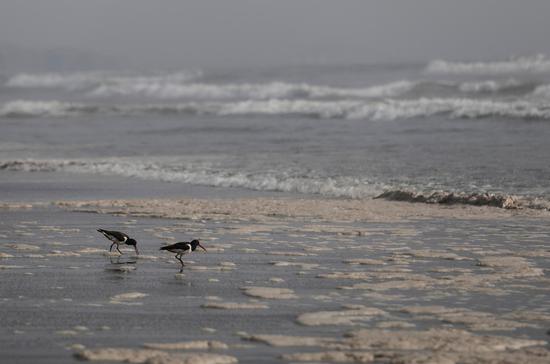
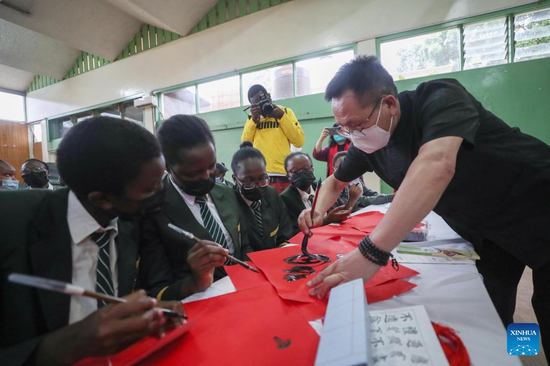

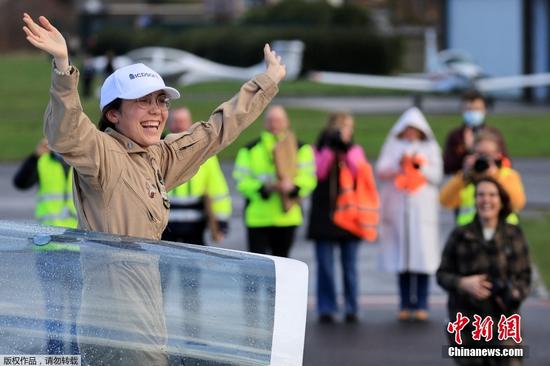

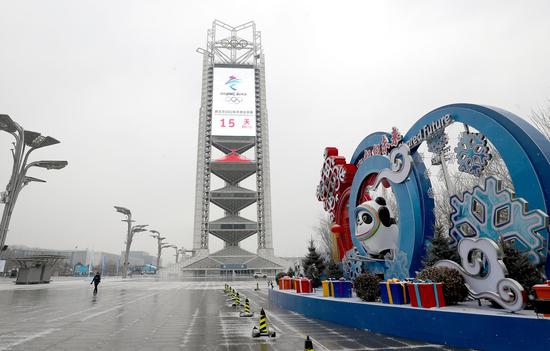
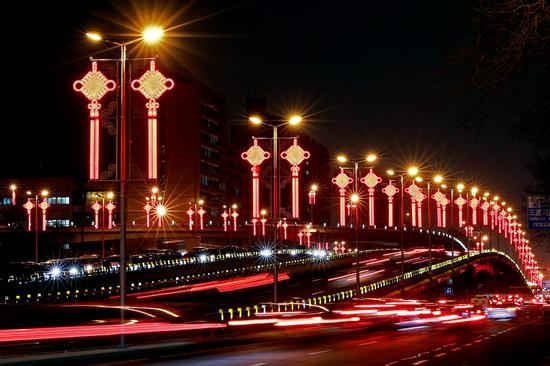

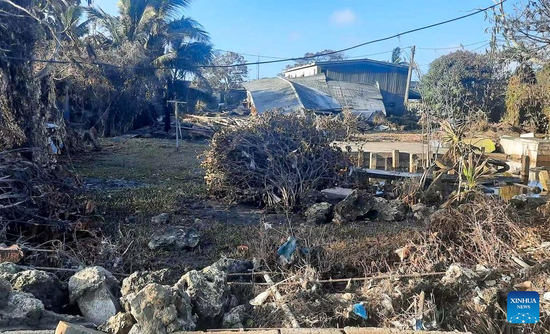

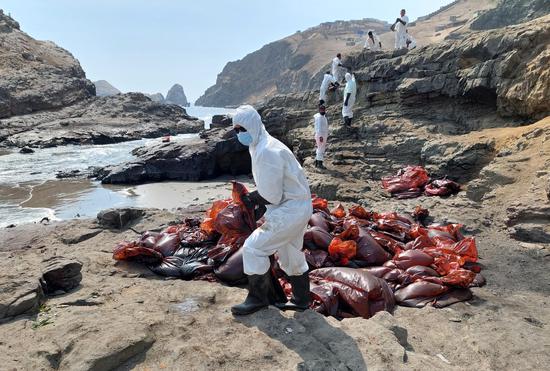
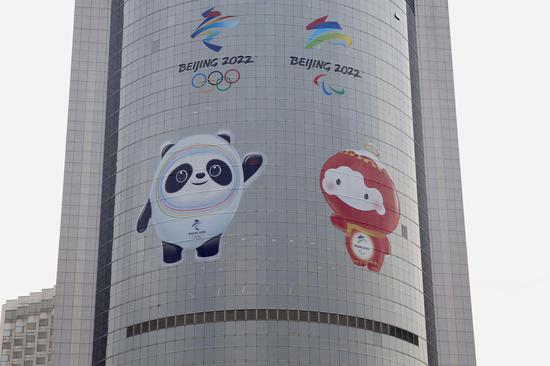






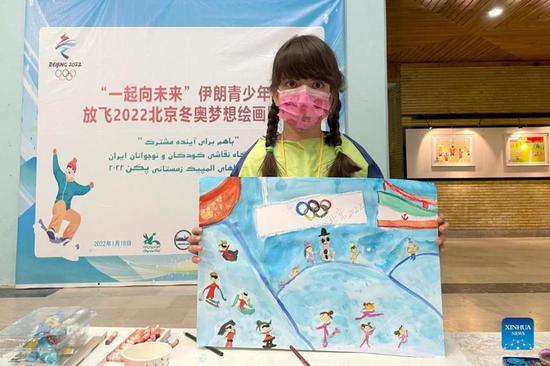
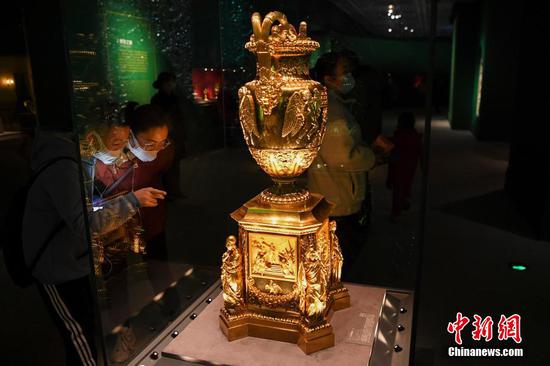
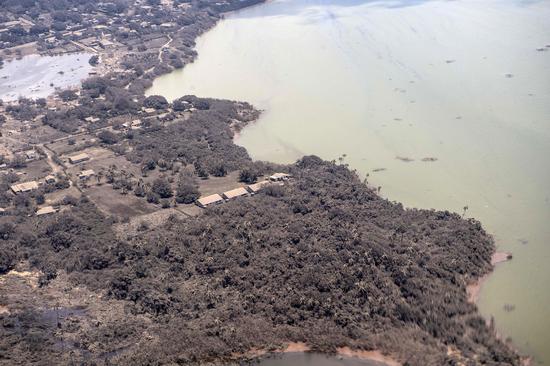
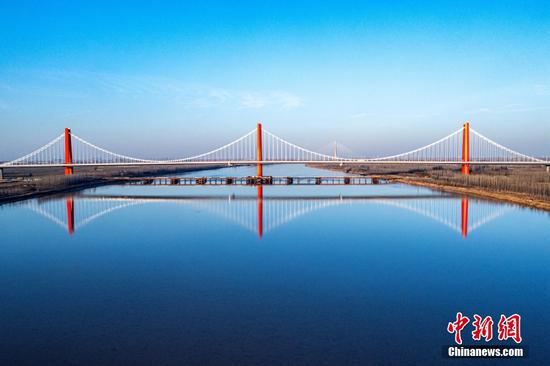
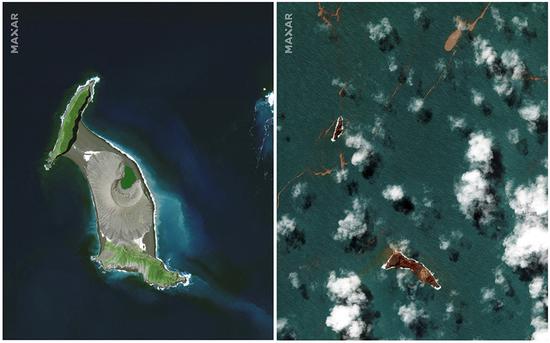










 京公网安备 11010202009201号
京公网安备 11010202009201号